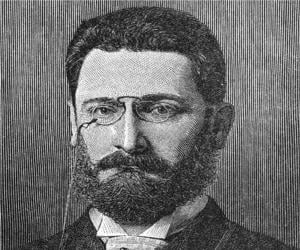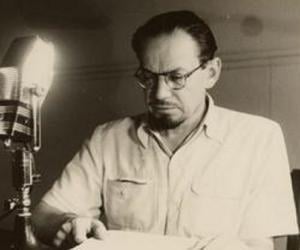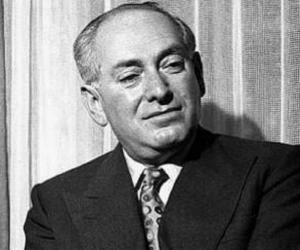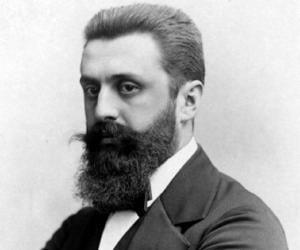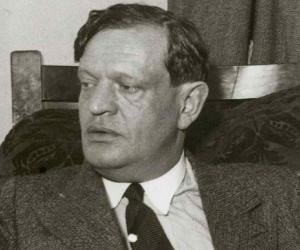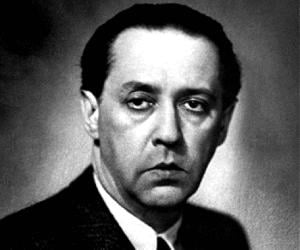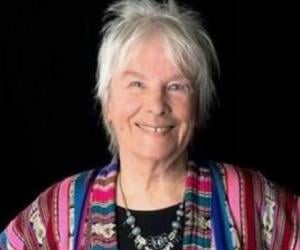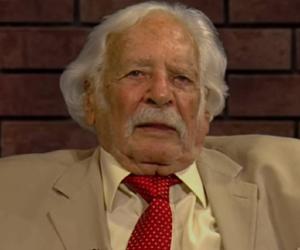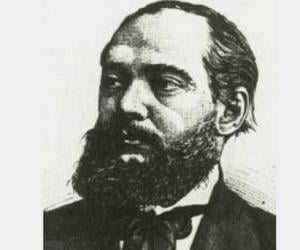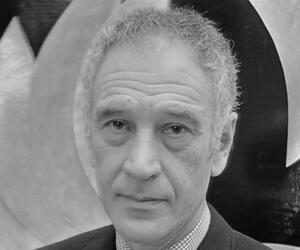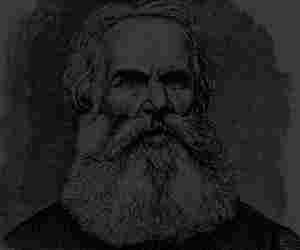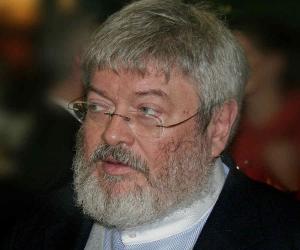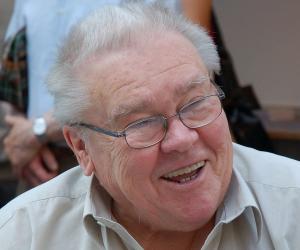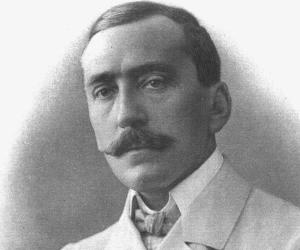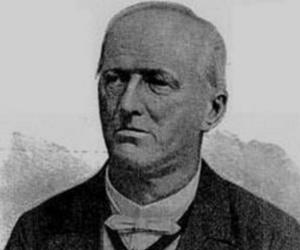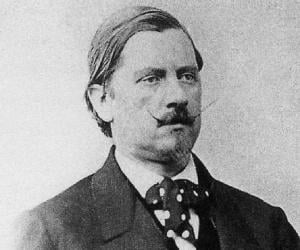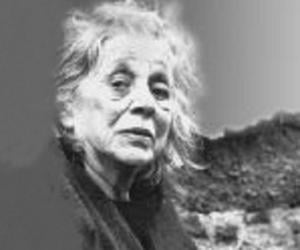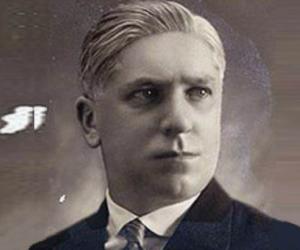1
Joseph Pulitzer
(Journalist & Publisher)
Birthdate: April 10, 1847
Sun Sign: Aries
Birthplace: Makó
Died: October 29, 1911
Joseph Pulitzer was a Hungarian-American newspaper publisher and politician known for his work with the St. Louis Post-Dispatch and the New York World. He revolutionized the newspaper industry by popularizing yellow journalism with sensationalist content. This led to mass-circulation newspapers reliant on advertising revenue. Pulitzer's legacy includes the establishment of the Pulitzer Prizes in 1917, which recognize excellence in journalism, photography, literature, history, poetry, music, and drama. He also founded the Columbia School of Journalism through his philanthropy.
